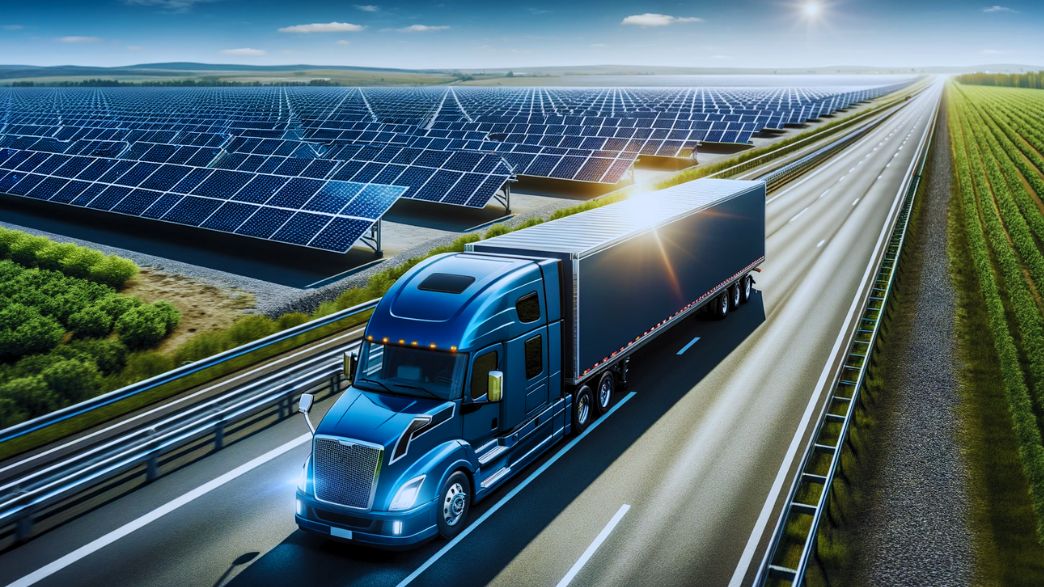An optimistic look at reducing emissions and advancing green technologies
The diesel challenge and the climate emergency
In the current context, replacing diesel with renewable energy sources is an urgent need and an opportunity to mitigate the effects of climate change. Diesel, a fossil fuel, is a major emitter of greenhouse gases (GHGs), contributing significantly to global warming. The transition to renewable energy is, therefore, a strategic action to reduce GHG emissions and move towards a more sustainable and ecological economy.
First wave of energy substitution
Currently, the energy replacement of diesel is planned to occur in two waves. The first wave, already underway and expected to consolidate in the 2030s, focuses on the partial reduction of GHG emissions. This wave is characterized by the combination of the development of new biofuels and hybrid engines for heavy vehicles, complemented by the neutralization of emissions through the carbon market. In Brazil, stimulating the biofuels industry and creating supply corridors for alternative fuels are fundamental steps in this direction.
Available technologies
To replace diesel, several technologies are available: electric, diesel-electric hybrid, natural gas (liquefied or compressed), and hydrogen engines. Each of these technologies serves different application segments, such as trucks for urban deliveries, urban buses, long-distance transport, and agricultural machinery. The choice of technology depends on criteria such as autonomy, supply infrastructure, initial cost, maintenance and resale value.
Global Growth of Renewable Energy
Global renewable energy generation capacity increased to 3372 Gigawatts (GW) in 2022, a record increase of 295 GW or 9.6%. This growth was mainly led by Asia, the USA and Europe. About 83% of all energy capacity added in 2022 was renewable, with China contributing the majority of this increase. Solar and wind power dominated, contributing 90% of new renewable capacity. This advance demonstrates the growing resilience and commercial importance of renewable energy, even in the midst of global energy crises.
Benefits of replacing diesel with renewable energy
The transition to renewable energy brings significant benefits, such as preserving natural resources, reducing waste generation and GHG emissions, reducing the use of raw materials, creating jobs and economic development. In Brazil, for example, the Brazilian Photovoltaic Solar Energy Association (Absolar) predicts a significant increase in installed solar energy capacity, with a planned investment of R$21.3 billion by 2022. These benefits reflect not only an improvement in health environmental, but also contribute to economic growth and job creation.
An optimistic path towards sustainability
Replacing diesel with renewable energy sources is a crucial step in the fight against climate change. The first wave of this transition is already underway, focusing on reducing GHG emissions and introducing cleaner technologies. The global growth of renewable energy, despite its challenges, demonstrates a promising future in reducing dependence on fossil fuels. The environmental, economic and social benefits of this transition are undeniable and essential for a sustainable future. It is a challenging but necessary path, which requires collective action and global commitment to achieve it.

Comment